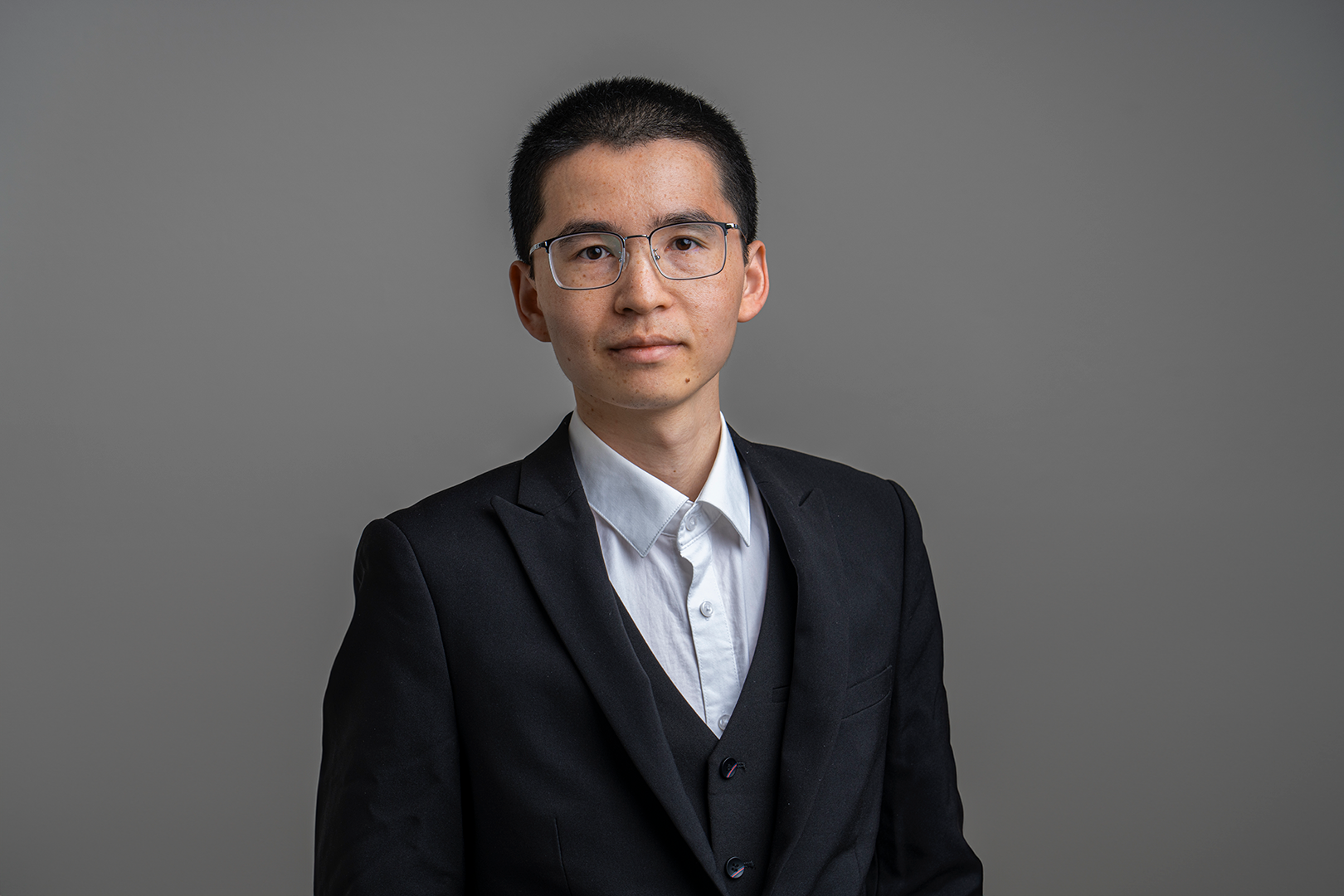Wenjie Xiao
Research leader

Project title
Novel Approach for Quantifying Benthic Deep-Sea Oxygen Dynamics Across Space and Time
What is your project about?
Oxygen availability is fundamental to higher life and central to global nutrient and element cycles. In marine environments, benthic oxygen consumption reflects biological activity and seabed health, and it measures the mineralization of sedimentary organic matter - a process that directly affects the global climate. However, current methods for measuring benthic oxygen consumption, especially in the deep sea, are costly and highly limited. This project will develop a novel approach using natural bacterial lipids preserved in sediments to quantify benthic deep-sea oxygen consumption. By applying this approach to both modern deep oceans and geological records, we aim to reveal how deep-sea oxygen consumption have shaped the marine carbon cycle and global climate - past, present, and future.
How did you become interested in your particular field of research?
I have always loved exploring the unknown and the natural world. Earth science brings these together - combining curiosity with the beauty and complexity of nature. The ocean covers over 70% of Earth’s surface, yet much of it, especially the deep sea, remains unexplored. I was naturally drawn to marine research. My background is in microbial lipids, which can trace large-scale marine processes from molecular signals - a concept I find deeply fascinating. After moving to Denmark, I was able to combine my expertise with advanced in-situ techniques and world-class collaboration, creating a unique interdisciplinary path linking lipid geochemistry, oxygen dynamics, microbial processes, and climate science.
What are the scientific challenges and perspectives in your project?
Oxygen consumption in the global seabed is essential to climate regulation, elemental cycling, and marine biodiversity. Yet current methods to measure it in the deep sea rely on expensive, specialized instruments available to only a few research groups worldwide - resulting in just one measurement per million square kilometers of deep seafloor. These methods also cannot reveal past conditions. My project will offer a fundamentally new approach by using natural bacterial lipids preserved in sediments. This allows us to quantify deep-sea oxygen consumption across both the modern deep ocean and Earth’s history, advancing our understanding of benthic carbon mineralization and its role in carbon cycling and climate feedbacks.
What is your estimate of the impact, which your project may have to society in the long term?
The project will deliver a novel, cost-effective, and practical approach for quantifying benthic deep-sea oxygen consumption - an essential process that regulates carbon mineralization and influences global climate. Unlike current techniques, it can be applied across broad spatial and temporal scales. By applying this approach, we can quantify how much carbon is mineralized in the modern deep ocean and how that process has changed through Earth’s history in response to climate fluctuations. These insights will improve long-term carbon cycle models and inform future climate prediction and policy, especially in relation to carbon budgets and storage. It also helps engage the public with the deep ocean - one of the least understood but most vital parts of our planet.
Which impact do you expect the Sapere Aude programme will have on your career as a researcher?
This Sapere Aude grant will mark a key step in my transition from individual researcher to fully independent group leader. It provides the resources and independence to develop my research, build a team, and lead a high-impact project. It aligns perfectly with my goal of applying for an ERC Starting Grant and establishing an internationally leading research platform for lipid-based research in Denmark - producing high-impact science, supporting collaboration both in Denmark and globally, and training young researchers with strong skills and a global outlook.
Background and personal life
I am originally from China and have lived in Switzerland and now Denmark. Outside of work, I enjoy playing various ball sports, reading, travelling, and exploring nature. My research has taken me to diverse natural environments - from oceans and high plateaus to forests, mountains, peatlands, glaciers, lakes and rivers - and I love that feeling of discovery. I now live in Odense with my wife, Eve, and our daughter, Leyao. Most of my free time is devoted to family life - we enjoy simple routines like walking in nearby parks, forests, and beaches, or feeding ducks at the pond. When we have more time, we seek out remote places. I dream of exploring the world with my family, discovering nature and cultures together.
View all research leaders here
Research institution
University of Southern Denmark
Research field
Marine biogeochemistry
City of your current residence
Odense
High school
Xiantao High School, China
